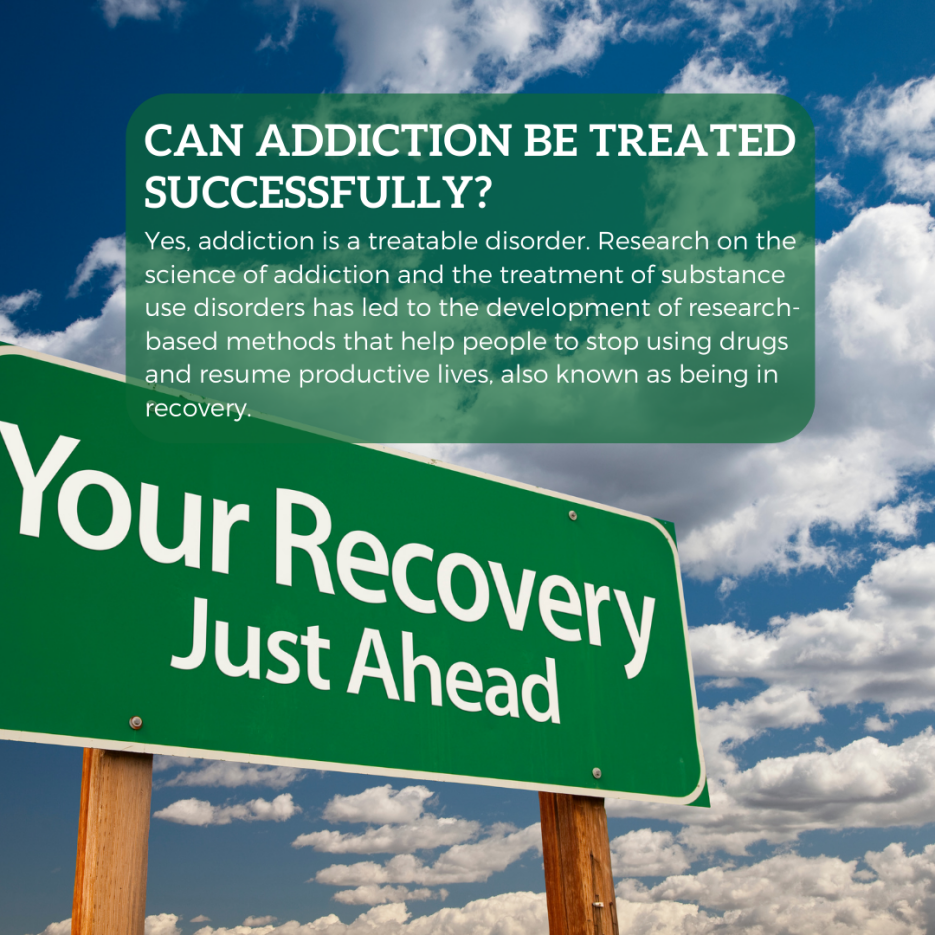Recovery from addiction is a challenging journey that requires not only overcoming physical dependence but also making significant lifestyle changes. Addiction affects various aspects of a person’s life, including relationships, career, and overall well-being. To achieve sustainable recovery, individuals must adopt healthier habits and make positive lifestyle adjustments. This blog will explore the top 10 lifestyles and the top 10 lifestyle changes that can support addiction recovery and promote long-term sobriety.
Embracing a supportive network
One of the most crucial changes in addiction recovery is building a strong support system. Surrounding yourself with understanding and supportive individuals who encourage your sobriety can greatly enhance your chances of success. Joining support groups, attending therapy sessions, and engaging in positive social activities can help you find the support you need to navigate through challenges.
Establishing a routine
Creating a structured routine can provide stability and purpose in recovery. Prioritizing regular sleep patterns, mealtimes, exercise, and relaxation activities can help restore balance to your life. A routine helps you develop healthy habits, avoid triggers, and provide a sense of control and accomplishment.
Adopting a Healthy Diet
Proper nutrition plays a vital role in addiction recovery. Substance abuse often leads to neglecting nutritional needs, resulting in physical and mental issues. Adopting a healthy diet rich in fruits, vegetables, whole grains, and lean proteins can aid in restoring your body’s balance and replenishing essential nutrients.
Engaging in regular exercise
Exercise has numerous benefits for those in recovery. It helps reduce cravings, improves mood, boosts self-esteem, and promotes overall physical and mental well-being. Engaging in activities such as walking, running, yoga, or team sports can not only improve your physical health but also provide a healthy outlet for stress and negative emotions.
Practising mindfulness and stress reduction
Addiction often coexists with high levels of stress and emotional turmoil. Learning mindfulness techniques, such as meditation and deep breathing exercises, can help manage stress, reduce anxiety, and promote self-awareness. Incorporation of mindfulness practices into your daily routine can enhance your ability to cope with triggers and improve emotional resilience.
Develop healthy coping mechanisms
In recovery, it is crucial to replace unhealthy coping mechanisms with healthier alternatives. Engaging in creative outlets, such as painting, writing, or playing an instrument, can provide a constructive way to express emotions. Additionally, seeking therapy or counselling can help you address underlying issues and develop effective coping strategies.
Setting realistic goals
Setting realistic and achievable goals is essential in addiction recovery. Start small and focus on short-term goals that contribute to your overall well-being. Whether completing a project, pursuing education, or improving relationships, setting goals gives direction and a sense of purpose while celebrating accomplishments along the way.
Avoiding triggers and high-risk situations
Identifying triggers and high-risk situations is crucial in maintaining sobriety. Recognizing and avoiding these triggers is vital, whether it’s certain people, places, or activities associated with substance use. You can protect yourself from potential relapse by developing a plan to navigate such situations and seeking healthier alternatives.
Rebuilding relationships
Addiction often damages relationships with loved ones. In recovery, it is essential to rebuild trust, repair damaged connections, and foster healthy relationships. Effective communication, setting boundaries, and seeking family therapy can help mend broken relationships and create a supportive and nurturing environment.
Cultivating self-care
Prioritizing self-care is essential for long-term recovery. Taking time for yourself, practising self-compassion, and engaging in activities that bring you joy and fulfilment can strengthen your emotional well-being. Whether it’s reading, taking baths, engaging in hobbies or spending time in nature, self-care activities can help you relax, rejuvenate, and maintain a healthy mindset.
Addiction recovery is a complex process that requires not only breaking free from substance abuse but also making significant lifestyle changes. The top 10 lifestyle changes discussed in this article provide a roadmap for individuals seeking sustainable recovery and long-term sobriety. Embracing a supportive network, establishing a routine, adopting a healthy diet, engaging in regular exercise, practising mindfulness and stress reduction, developing healthy coping mechanisms, setting realistic goals, avoiding triggers and high-risk situations, rebuilding relationships, and cultivating self-care are all essential components of a successful recovery journey.
It’s important to remember that recovery is a unique and personal experience, and what works for one individual may not work for another. Therefore, it is crucial to tailor these lifestyle changes to fit your specific needs and circumstances. Seeking professional help, such as therapy or counselling, can provide guidance and support as you navigate through these changes.
Recovery is a lifelong commitment, and it requires ongoing effort and dedication. By making these lifestyle changes, you are not only improving your chances of overcoming addiction but also creating a healthier and more fulfilling life. Embrace the journey, be patient with yourself, and remember that you can achieve lasting recovery and a brighter future with perseverance and the right support.
Get help from us
At Nasha Mukti Kendra, we help our patients throughout their recovery journey. We have the best clinical therapist to help people recover from any addiction. You can ask for our assistance at any point in time, as we have the best patient support team. Also, Nasha Mukti Kendra has centres everywhere in the country.
Nasha Mukti Kendra has a huge open space for patients to do their daily yoga and meditation. Our staff are also trained, and they assist our patients in practicing yoga. We believe that connecting with the inner mind with the help of meditation can help anyone become sober.
